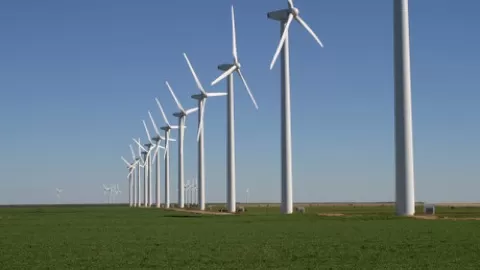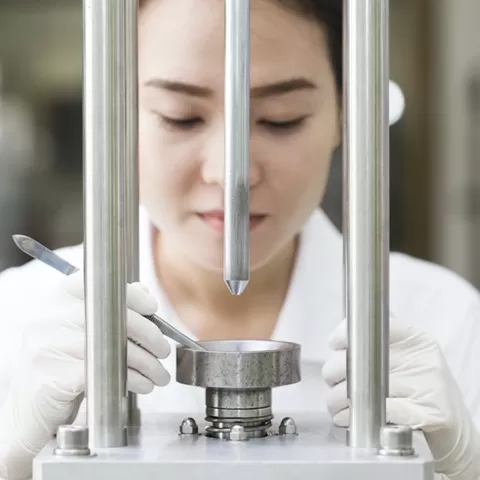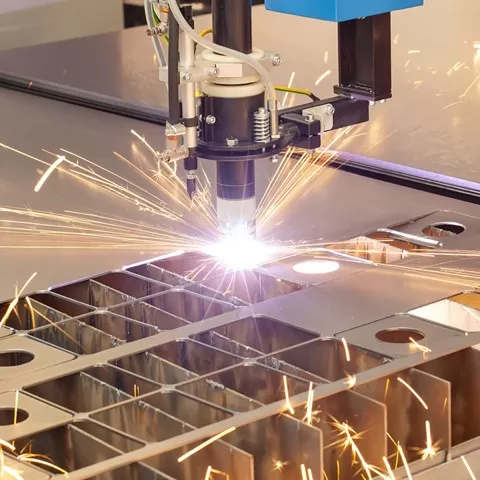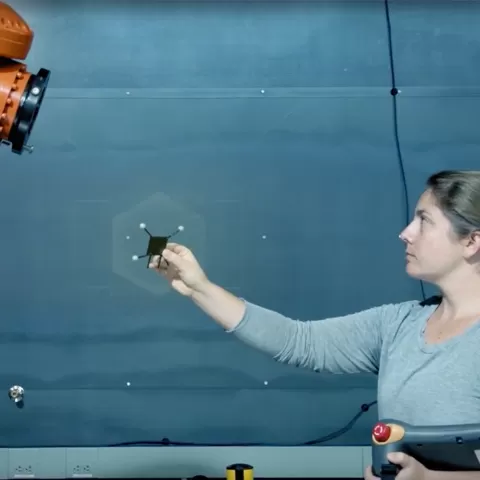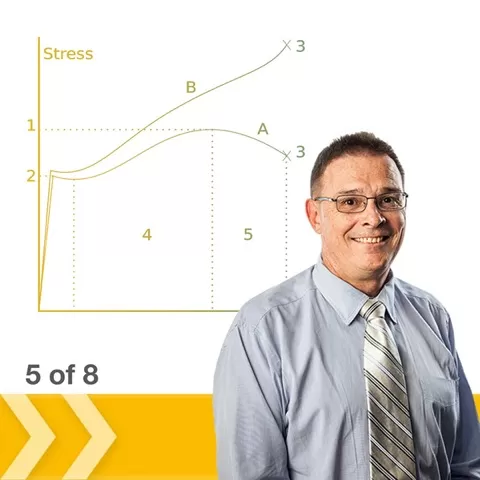COURSE DESCRIPTION
This course provides an introduction to the most powerful engineering principles you will ever learn – Thermodynamics: the science of transferring energy from one place or form to another place or form. We will introduce the tools you need to analyze energy systems from solar panels, to engines, to insulated coffee mugs. More specifically, we will cover the topics of mass and energy conservation principles; first law analysis of control mass and control volume systems; properties and behavior of pure substances; and applications to thermodynamic systems operating at steady state conditions.
COURSE FORMAT
The class consists of lecture videos, which average 8 to 12 minutes in length. The videos include integrated In-Video Quiz questions. There are also quizzes at the end of each section, which include problems to practice your analytical skills that are not part of video lectures. There are no exams.
GRADING POLICY
Each question is worth 1 point. A correct answer is worth +1 point. An incorrect answer is worth 0 points. There is no partial credit. You can attempt each quiz up to three times every 8 hours, with an unlimited number of total attempts. The number of questions that need to be answered correctly to pass are displayed at the beginning of each quiz. Following the Mastery Learning model, students must pass all 8 practice quizzes with a score of 80% or higher in order to complete the course.
ESTIMATED WORKLOAD
If you follow the suggested deadlines, lectures and quizzes will each take approximately ~3 hours per week each, for a total of ~6 hours per week.
TARGET AUDIENCE
Basic undergraduate engineering or science student.
FREQUENTLY ASKED QUESTIONS
– What are the prerequisites for taking this course?
An introductory background (high school or first year college level) in chemistry, physics, and calculus will help you be successful in this class.
-What will this class prepare me for in the academic world?
Thermodynamics is a prerequisite for many follow-on courses, like heat transfer, internal combustion engines, propulsion, and gas dynamics, to name a few.
-What will this class prepare me for in the real world?
Energy is one of the top challenges we face as a global society. Energy demands are deeply tied to the other major challenges of clean water, health, food resources, and poverty. Understanding how energy systems work is key to understanding how to meet all these needs around the world. Because energy demands are only increasing, this course also provides the foundation for many rewarding professional careers.

